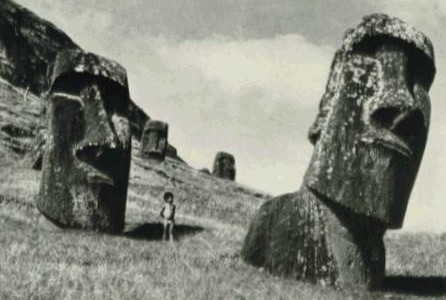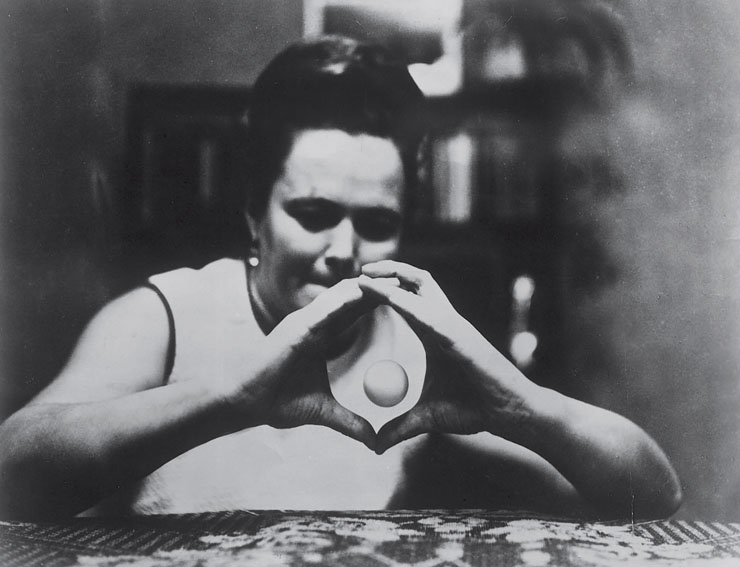In the 1960s and 1970s, when alternative lifestyles began to bleed from the American margins to the center, novelist Leo Litwak was there to observe these new practices up close, turning his reconnaissance into trippy magazine articles. Below are two examples.
_____________________________
The impetus for change in 1969’s Bob & Carol & Ted & Alice comes from two of the titular characters attending guerrilla psychological workshops at the Esalen Institute at Big Sur. Two years prior, Leo Litwak, the novelist, journalist and book reviewer, brought his considerable writing skills to the alternative-therapy retreat for a New York Times Magazine story. A section from “Joy Is the Prize” in which the author is awakened to a repressed memory from WWII:
I never anticipated the effect of these revelations, as one after another of these strangers expressed his grief and was eased. I woke up one night and felt as if everything were changed. I felt as if I were about to weep. The following morning the feeling was even more intense.
Brigitte and I walked down to the cliff edge. We lay beneath a tree. She could see that I was close to weeping. I told her that I’d been thinking about my numbness, which I had traced to the war. I tried to keep the tears down. I felt vulnerable and unguarded. I felt that I was about to lose all my secrets and I was ready to let them go. Not being guarded, I had no need to put anyone down, and I felt what it was to be unarmed. I could look anyone in the eyes and my eyes were open.
That night I said to Daniel: “Why do you keep diverting us with your intellectual arguments? I see suffering in your eyes. You give me a glimpse of it, then you turn it off. Your eyes go dead and the intellectual stuff bores me. I feel that’s part of your strategy.”
Schutz suggested that the two of us sit in the center of the room and talk to each other. I told Daniel I was close to surrender. I wanted to let go. I felt near to my grief. I wanted to release it and be purged. Daniel asked about my marriage and my work. Just when he hit a nerve, bringing me near the release I wanted, he began to speculate on the tragedy of the human condition. I told him: “You’re letting me off and I don’t want to be left off.”
Schutz asked if I would be willing to take a fantasy trip.
It was later afternoon and the room was already dark. I lay down, Schutz beside me, and the group gathered around. I closed my eyes. Schutz asked me to imagine myself very tiny and to imagine that tiny self entering my own body. He wanted me to describe the trip.
I saw an enormous statue of myself, lying in the desert, mouth open as if I were dead. I entered my mouth. I climbed down my gullet, entering it as if it were a manhole. I climbed into my chest cavity. Schutz asked me what I saw. “It’s empty,” I said. “There’s nothing here.” I was totally absorbed by the effort to visualize entering myself and lost all sense of the group. I told Schutz there was no heart in my body. Suddenly, I felt tremendous pressure in my chest, as if tears were going to explode. He told me to go to the vicinity of the heart and report what I saw. There, on a ledge of the chest wall, near where the heart should have been, I saw a baby buggy. He asked me to look into it. I didn’t want to, because I feared I might weep, but I looked, and I saw a doll. He asked me to touch it. I was relieved to discover that it was only a doll. Schutz asked me if I could bring a heart into my body. And suddenly there it was, a heart sheathed in slime, hung with blood vessels. And that heart broke me up. I felt my chest convulse. I exploded. I burst into tears.
I recognized the heart. The incident had occurred more than 20 years before and had left me cold.•
_____________________________
Litwak spent some quality time in the ’60s and ’70s writing about American dreamers, from Ronald Reagan to Walt Disney to Werner Erhard. For his fascinating 1972 New York Times Magazine piece, “Rolfing, Aikido, Hypnodramas, Psychokinesis, and Other Things Beyond the Here and Now” (subscription required), Litwak attended the Association for Humanistic Psychology meeting at Squaw Valley, becoming familiar with all manner of back-cracking, mind-bending, life-altering methods. An excerpt:
The insistence upon active audience participation keeps the meetings from becoming dull. I attended a hypnodrama session at the Hofbrau, an A-frame, chalet-type building, with scripted placards advertising the menu hanging from the walls (“Hier gibts fondue”). The Hofbrau was jammed. We were to be hypnotized, and were then to participate in a hypnodrama. We encircled the fieldstone fireplace in the center of the large dining hall as Ira Greenberg of the Carmelito, Calif., State Hospital led the session. He described hypnosis as a “control of our controls.” It was a technique, he said, that enabled us to concentrate deeply and regress to forgotten states; once these states were recalled, hypnodrama could be used to act them out, enabling us finally to gratify the unsatisfied nurture needs of infancy.
We removed our shoes and lay on the floor flat on our backs. We were instructed to relax. We began with the toes and very gradually worked up to the head. We were assured that the process was pleasant. We were asked to imagine a yardstick within our minds. We slowly counted down the yardstick until we came to the number which we felt represented the depth of our hypnosis. We tried to sink beneath this number. There were a few snores. We were urged to stay awake. We then began a fantasy trip. We flew up the mountain that was behind the Hofbrau; we were told to soar above the crest and enjoy the flight. We then settled down near the crest by a cave; entered inside and walked down a corridor passing several doors, stopping at that one which enclosed a place we had always wished to enter. We passed through this door, looked around, left the cave, descended to the Hofbrau and then awoke. We assembled in groups of five to discuss the experience. An elderly couple, a trifle disgruntled, denied that they were hypnotized and were skeptical that anyone else was. I myself felt quite relaxed and refreshed. A good many of those in the audience said they had been in deep trances.
A hypnodrama was then staged, based on a young woman’s fantasy. When she had been asked to pass through the door to her special place, her fantasy was that she had entered her high-school lavatory; a woman attendant sat at the threshold and refused to acknowledge her; she felt deeply disturbed. Roles were assigned to volunteers. The young lady was returned to hypnosis. She again passed through the door and confronted the impassive woman attendant. She burst into tears, and begged for a demonstration of affection. The attendant rose to comfort her. At the moment of revelation I had to leave for an appointment with the A.H.P. officers who were to brief me on the current state of humanistic psychology.•


